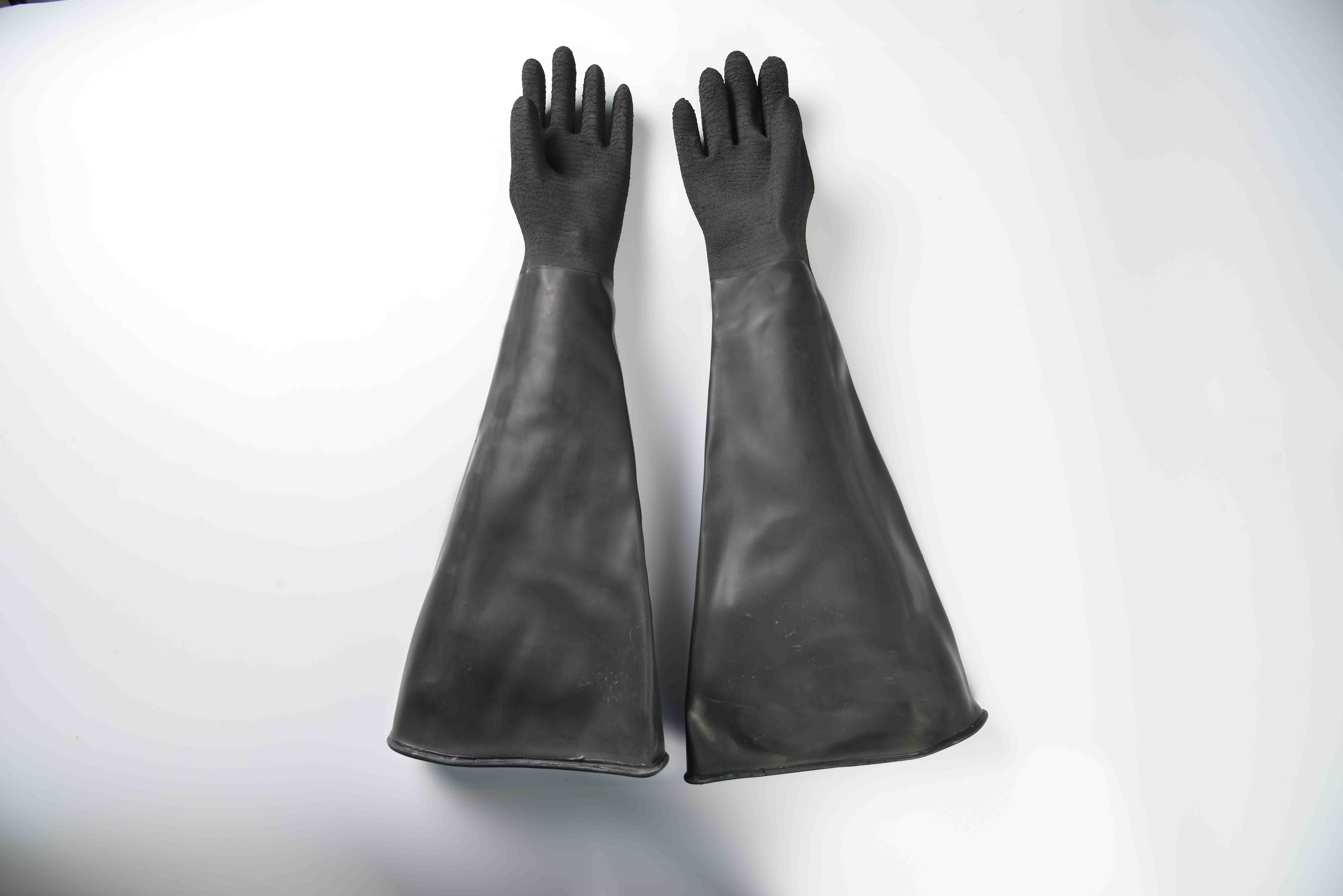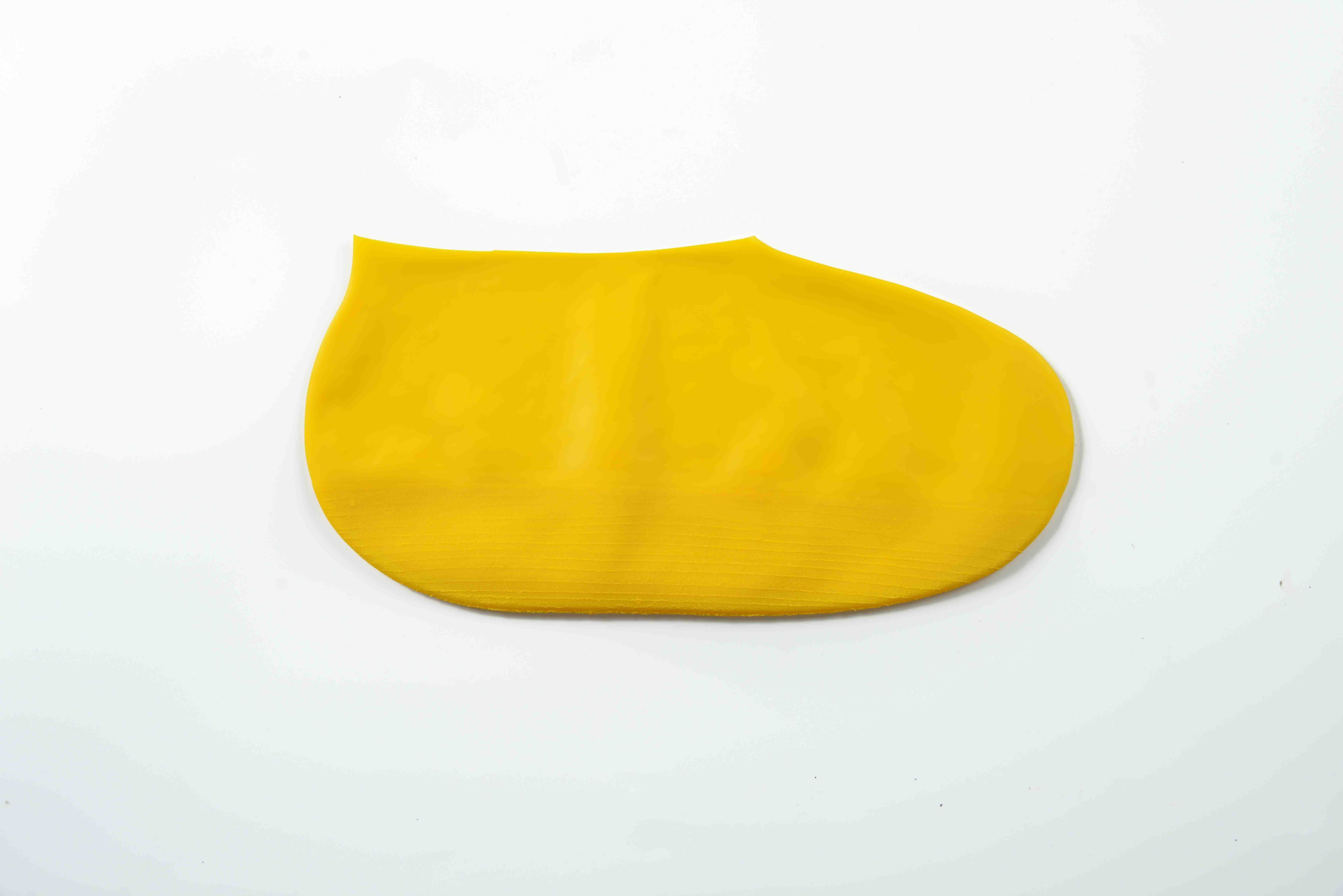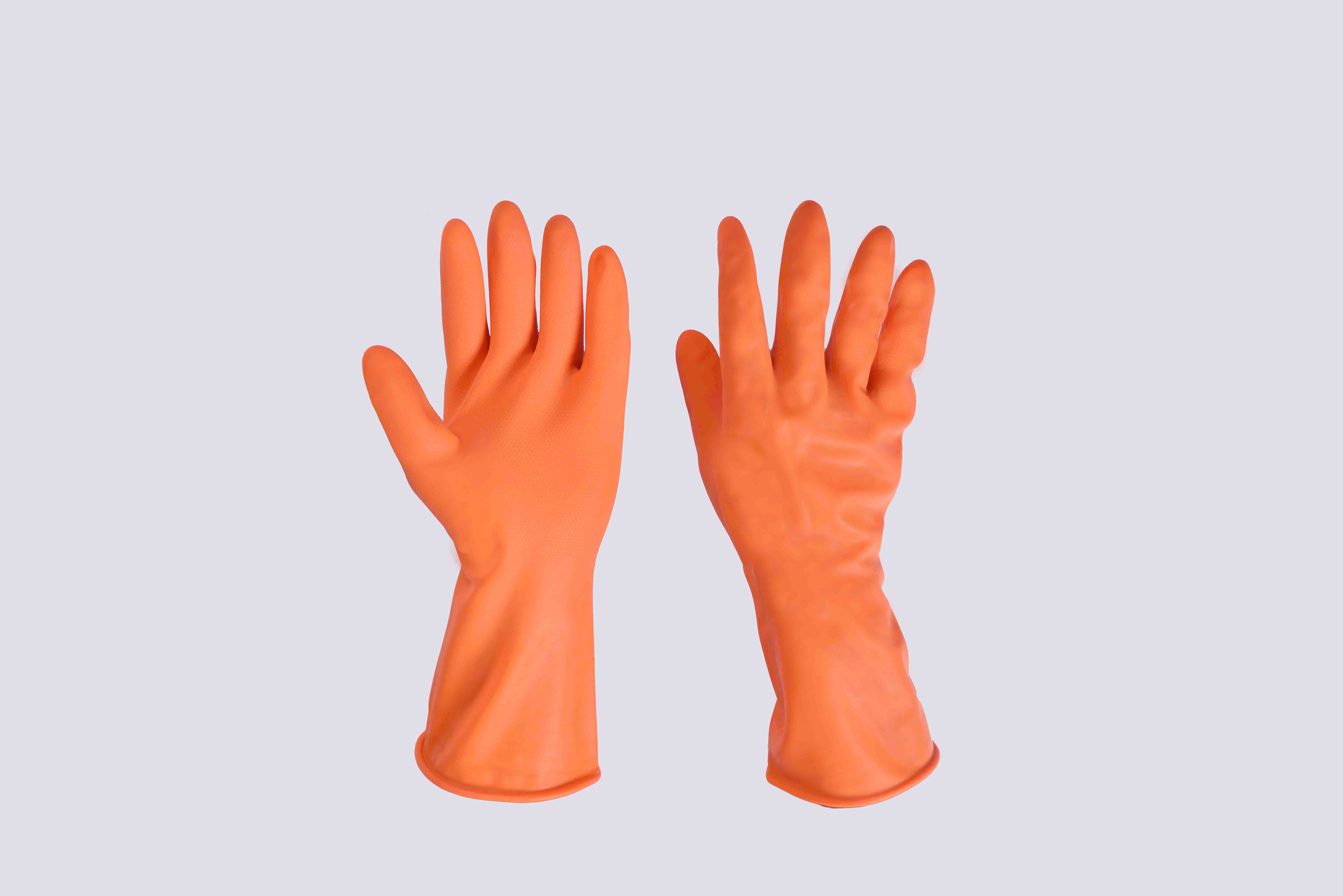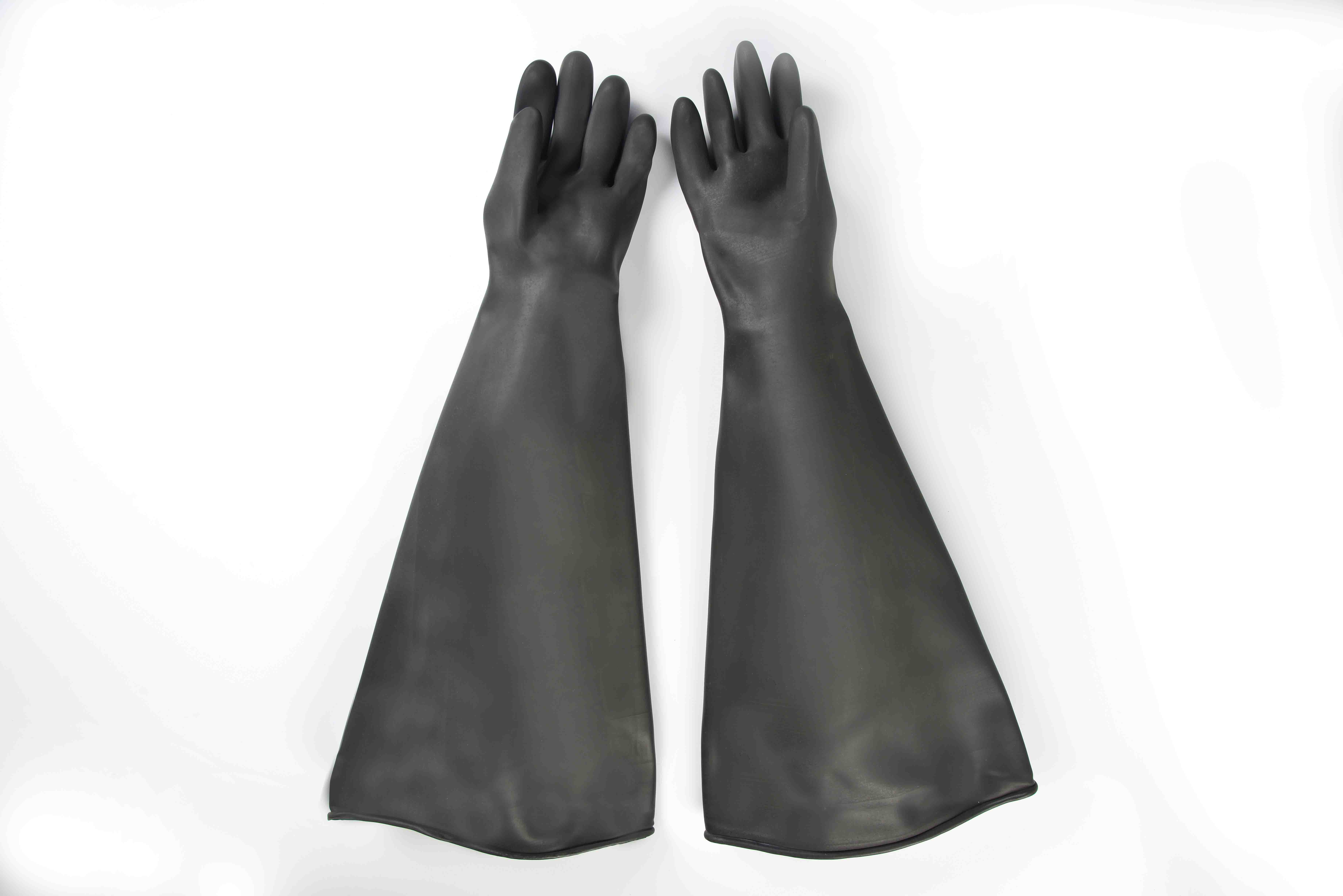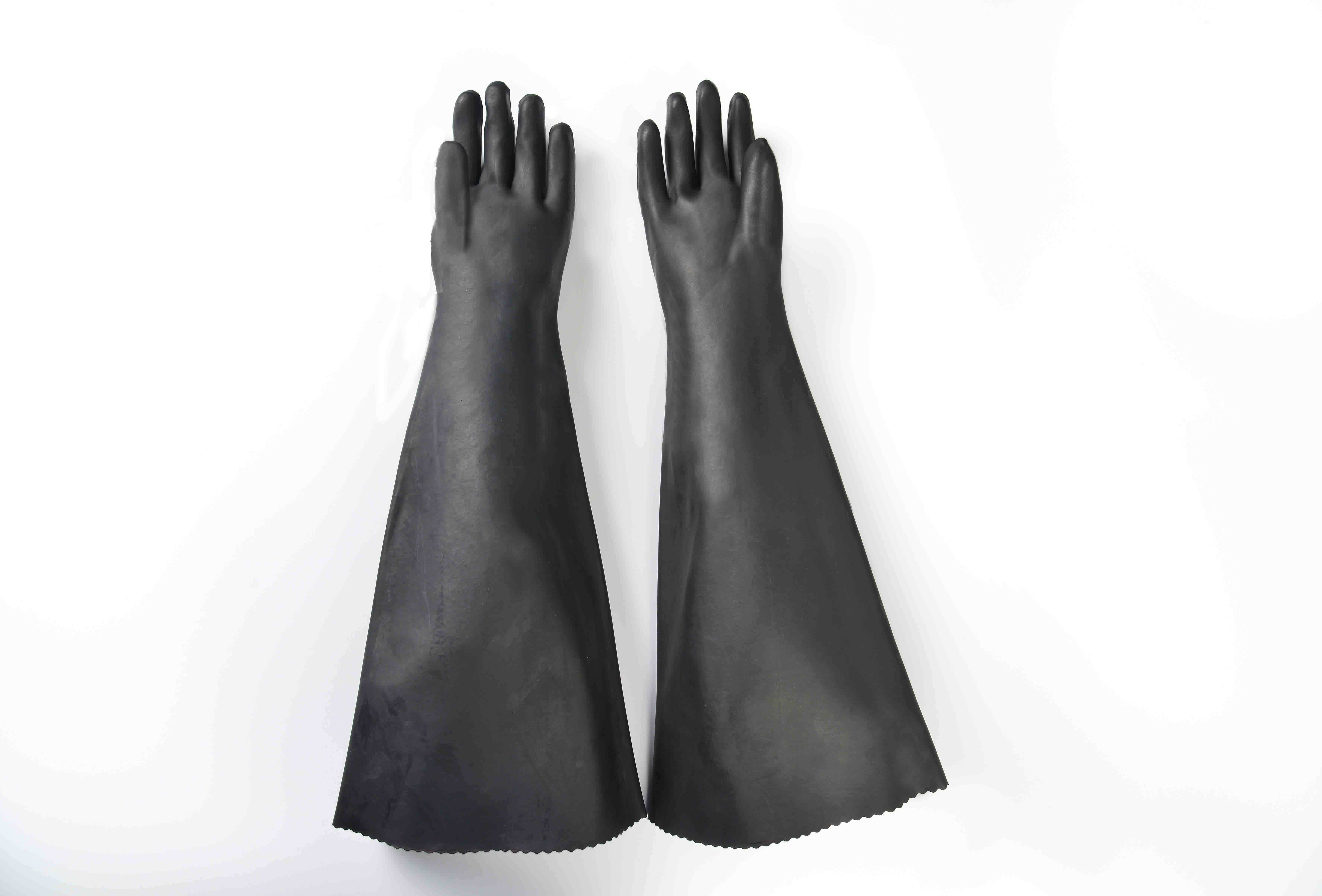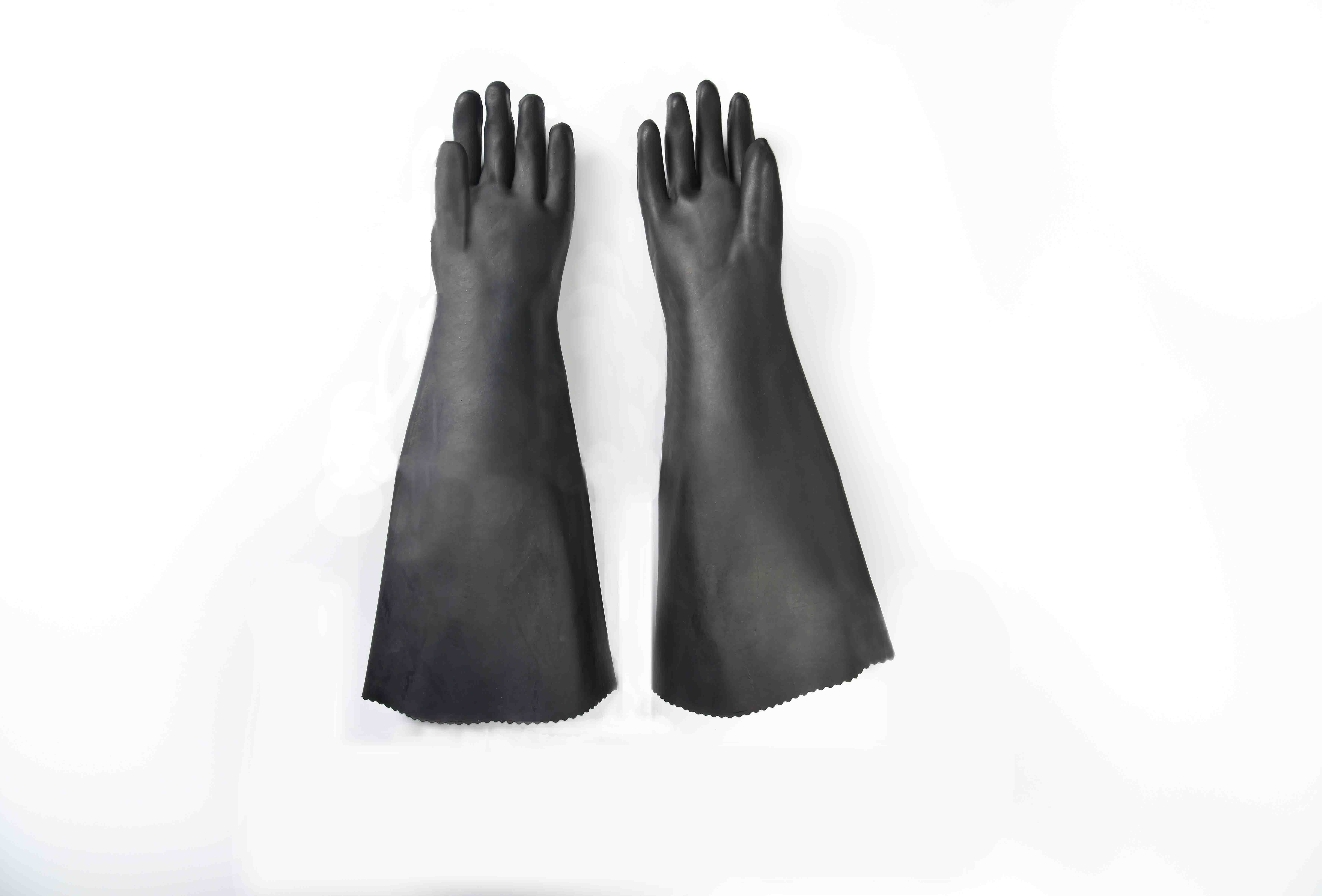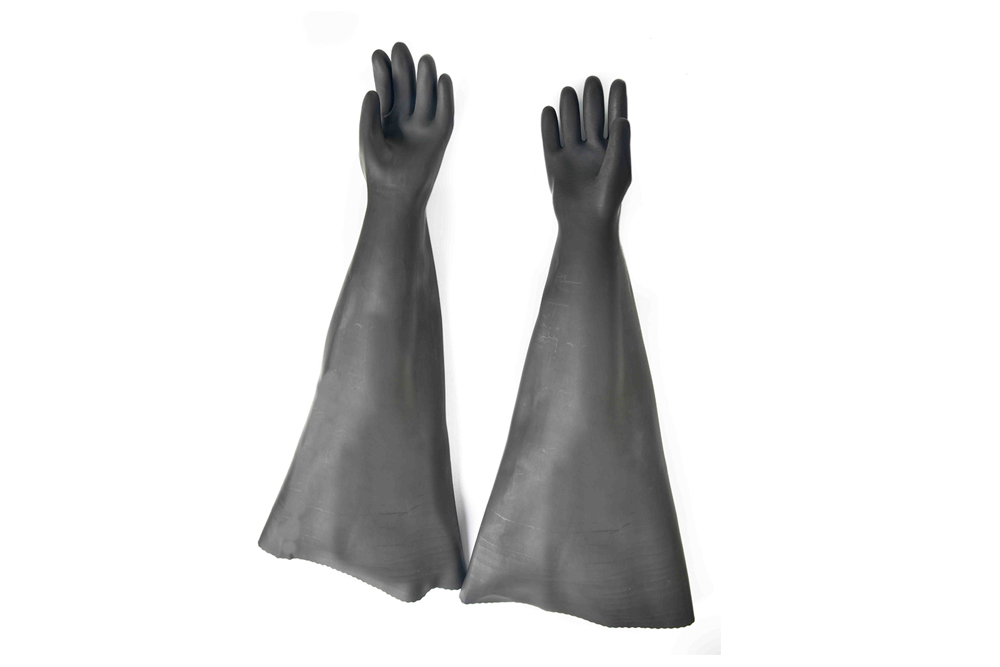Good Quality for 26″ Industrial rubber glove-rough finish sale to Poland
Short Description:
26″ length (65-67cm), black, rough finish, seamless, no cotton lining, left/right hand, 700g/pair, cuff perimeter:61cm, double layer thickness:2.2mm. 50 pairs/case, carton size: 74*36*44cm. Net weight: 35kg/case, gross weight: 37kg/case. It can be suitable used with sand blasting machine operation.
Product Detail
FAQ
Product Tags
The company keeps to the operation concept "scientific management, high quality and efficiency primacy, customer supreme, Good Quality for 26″ Industrial rubber glove-rough finish sale to Poland, Please send us your specifications and requirements, or feel free to contact us with any questions or inquiries that you may have.
26″ length (65-67cm), black, rough finish, seamless, no cotton lining, left/right hand, 700g/pair, cuff perimeter:61cm, double layer thickness:2.2mm. 50 pairs/case, carton size: 74*36*44cm. Net weight: 35kg/case, gross weight: 37kg/case. It can be suitable used with sand blasting machine operation.
FAQ Content
Click the “Caption” button to activate subtitle!
————————————————
- Ep.150 : [It’s Okay to Not Be Perfect] Soeul and Daeul go fishing anchovies where they meet a big fish they have never seen before. Seoeon and Seojun meet with two uncles who will teach them the dance routine for their new song. Donggook takes a peek at his children’s daycare center life. A professional gamer who has recently become a dad visits Taeyoung’s house to get a useful tip on childcare.
————————————————
Subscribe KBS World Official YouTube: http://www.youtube.com/kbsworld
————————————————
KBS World is a TV channel for international audiences provided by KBS, the flagship public service broadcaster in Korea. Enjoy Korea’s latest and most popular K-Drama, K-Pop, K-Entertainment & K-Documentary with multilingual subtitles, by subscribing KBS World official YouTube.
————————————————
대한민국 대표 해외채널 KBS World를 유튜브에서 만나세요. KBS World는 전세계 시청자에게 재미있고 유익한 한류 콘텐츠를 영어 자막과 함께 제공하는 No.1 한류 채널입니다. KBS World 유튜브 채널을 구독하고 최신 드라마, K-Pop, 예능, 다큐멘터리 정보를 받아보세요.
————————————————
[Visit KBS World Official Pages]
Homepage: http://www.kbsworld.co.kr
Facebook: http://www.facebook.com/kbsworld
Twitter: http://twitter.com/kbsworldtv
Instagram: @kbsworldtv
Line: @kbsworld_asia
KakaoTalk: @kbs_world (http://plus.kakao.com/friend/@kbs_world)
Google+: http://plus.google.com/+kbsworldtv
Blog: http://eyefourstyle.blogspot.ca/
Twitter: https://twitter.com/EyefourStyle
Instagram: http://instagram.com/eyefourstyle
. .E-mail. . tennille.lawrence@gmail.com
Hope you loved this!
..::Resources applied::..
two Bowls
Bleach/bleach pen (optional)
Laundry Detergent
tooth brush/brush
Magic Eraser
HEY THERE! I recognize that utilizing bleach is dangerous organization but I say go in advance with it if you have a stubborn stain that will not likely appear out with cleaning soap and h2o! To prevent bleach yellowing, I’ve learned to rinse the laces or sneakers thoroughly with Water ONLY afterward!
Audio
Synchronous Bloom – Thrupence

